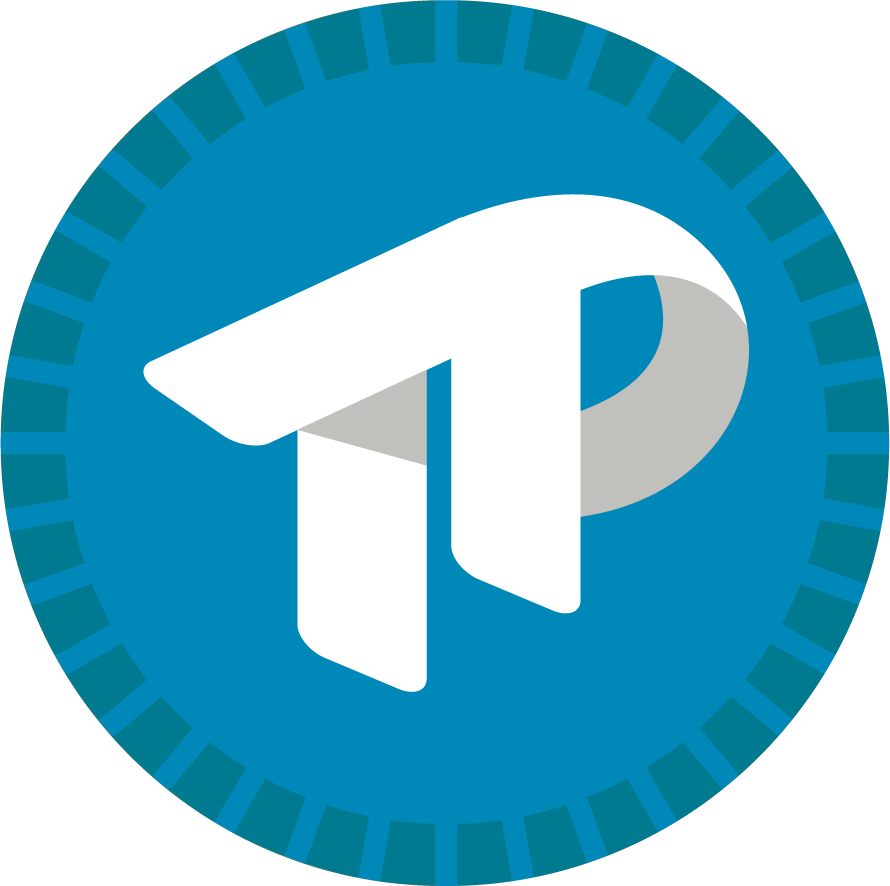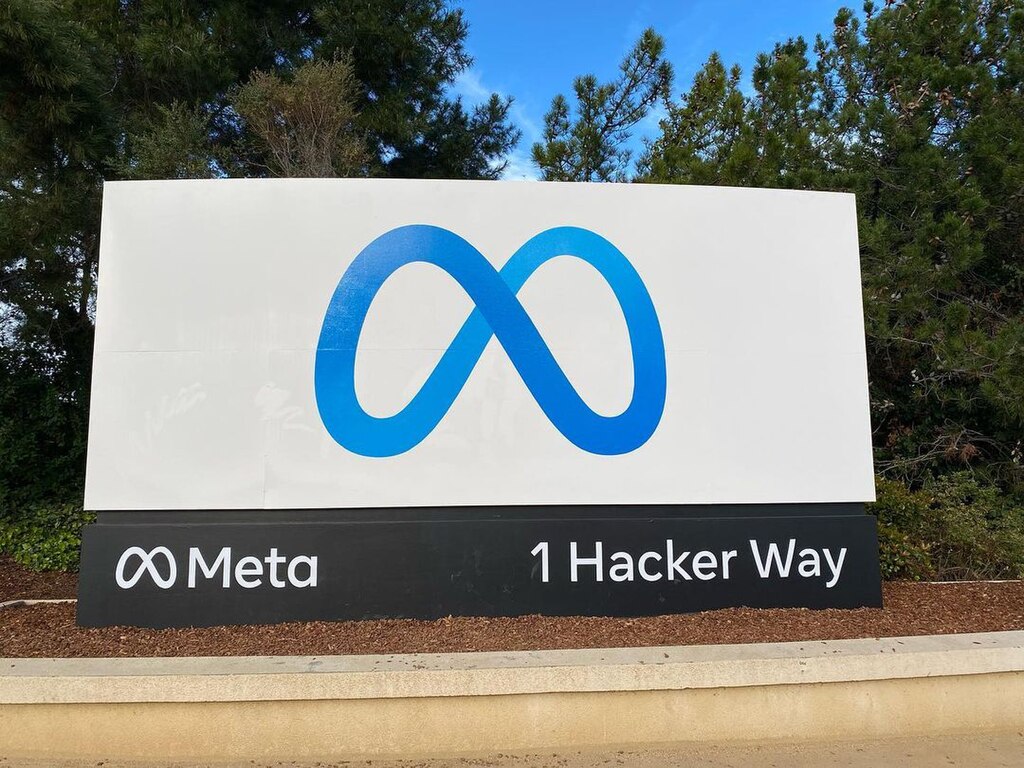Dogecoin is preparing for a major technical leap as DogeOS, developed by the MyDoge wallet team, submits a proposal to Dogecoin Core to add zero-knowledge proof (ZKP) verification directly into the network. The upgrade introduces a new opcode, OP_CHECKZKP, designed to verify cryptographic proofs like Groth16, a widely adopted ZK proof system.
The proposal aims to repurpose unused script segments to support off-chain applications such as rollups, DeFi, gaming, and digital identity — without sacrificing Dogecoin’s speed and simplicity. This approach contrasts Ethereum’s VM-heavy model by keeping computation off-chain while using Dogecoin only to verify proofs, enhancing interoperability with ZK layer-2 networks.
Compatibility is a key focus: older Dogecoin nodes would treat the new opcode as a no-op, avoiding unintended forks or network bloat. Initially, the system limits verification to one proof per script and five per block to manage performance, given each Groth16 proof requires 10–20 milliseconds to validate.
Tim Stebbing of the Dogecoin Foundation described the proposal as crucial for expanding Dogecoin’s ecosystem utility, enabling it to remain “the fastest, most fun blockchain and means of exchange for all humanity.” The DogeOS team is also working on an EVM-compatible zkVM, potentially allowing Ethereum-based applications to run on Dogecoin’s infrastructure.
The timing coincides with rising institutional interest in Dogecoin, exemplified by Bit Origin’s recent $500 million funding commitment for a Dogecoin treasury. If approved, this upgrade could shift Dogecoin from a meme token to a foundational layer for verifiable Web3 applications.




























Comment 0